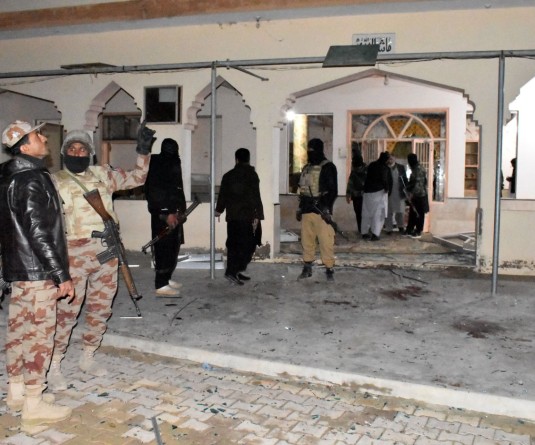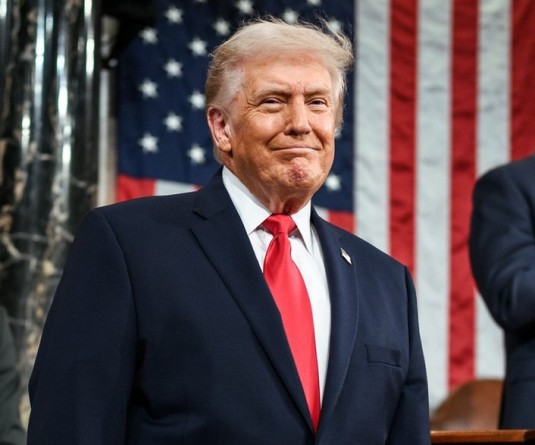Eric Emeraux, head of the Gendarmerie's Central Office for Combating Crimes Against Humanity, Genocides and War Crimes (OCLCH), displays documents with a wanted poster depicting a photograph of Felicien Kabuga during an interview with Reuters at his office, about the arrest of Rwandan genocide fugitive suspect Felicien Kabuga, in Paris, France, May 19, 2020. (REUTERS File Photo)
AMSTERDAM, October 29 (Reuters): A U.N. judge on Thursday ordered Rwandan genocide suspect Felicien Kabuga to undergo a medical examination to see whether he is fit to be sent to Arusha, Tanzania for trial.
Kabuga, 84, was arrested in Paris in May and transferred to a U.N. detention centre in The Hague on Monday amid travel restrictions due to Europe's surge in coronavirus cases.
Presiding Judge Iain Bonomy said the exam was needed in order to help determine a date for Kabuga's initial appearance and "to address Kabuga's fitness at this time and in the foreseeable future to undertake the journey to Arusha."
U.N. prosecutors accuse the former tea and coffee tycoon of bankrolling and importing huge numbers of machetes for ethnic Hutu militias who killed hundreds of thousands of Tutsis and moderate Hutus in Rwanda during a 100-day period in 1994.
Kabuga, who has yet to appear before the U.N. court, dismissed accusations against him as "lies" during French extradition hearings.
Former U.N. tribunals for war crimes in Rwanda and Yugoslavia have been rolled over into a successor court that has offices in The Hague, Netherlands, and Arusha.






